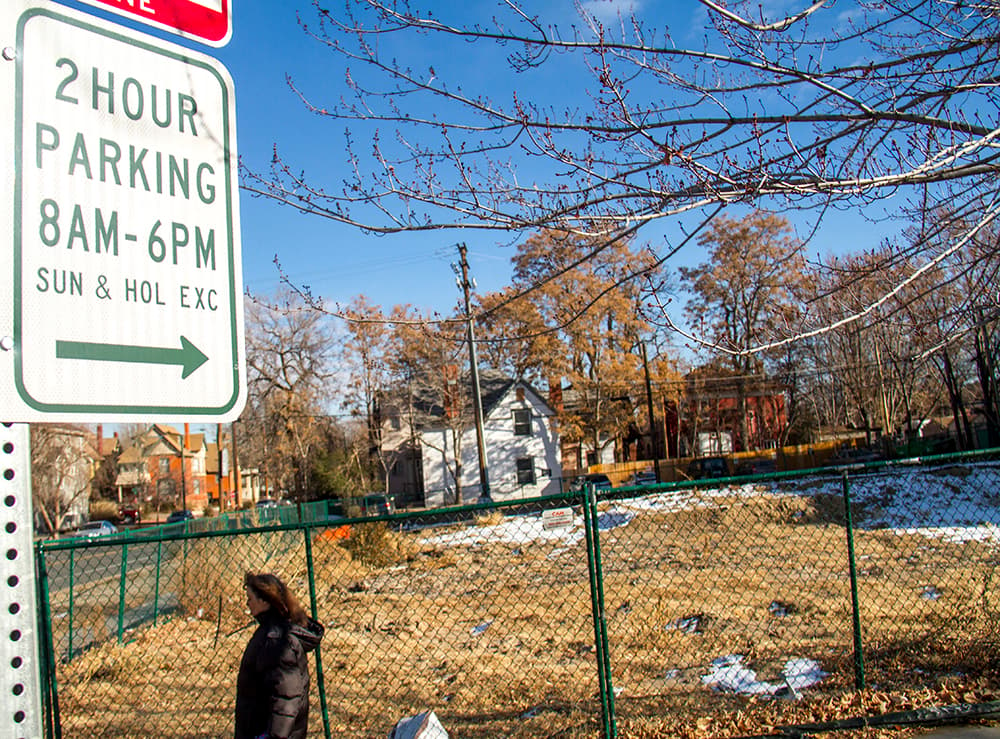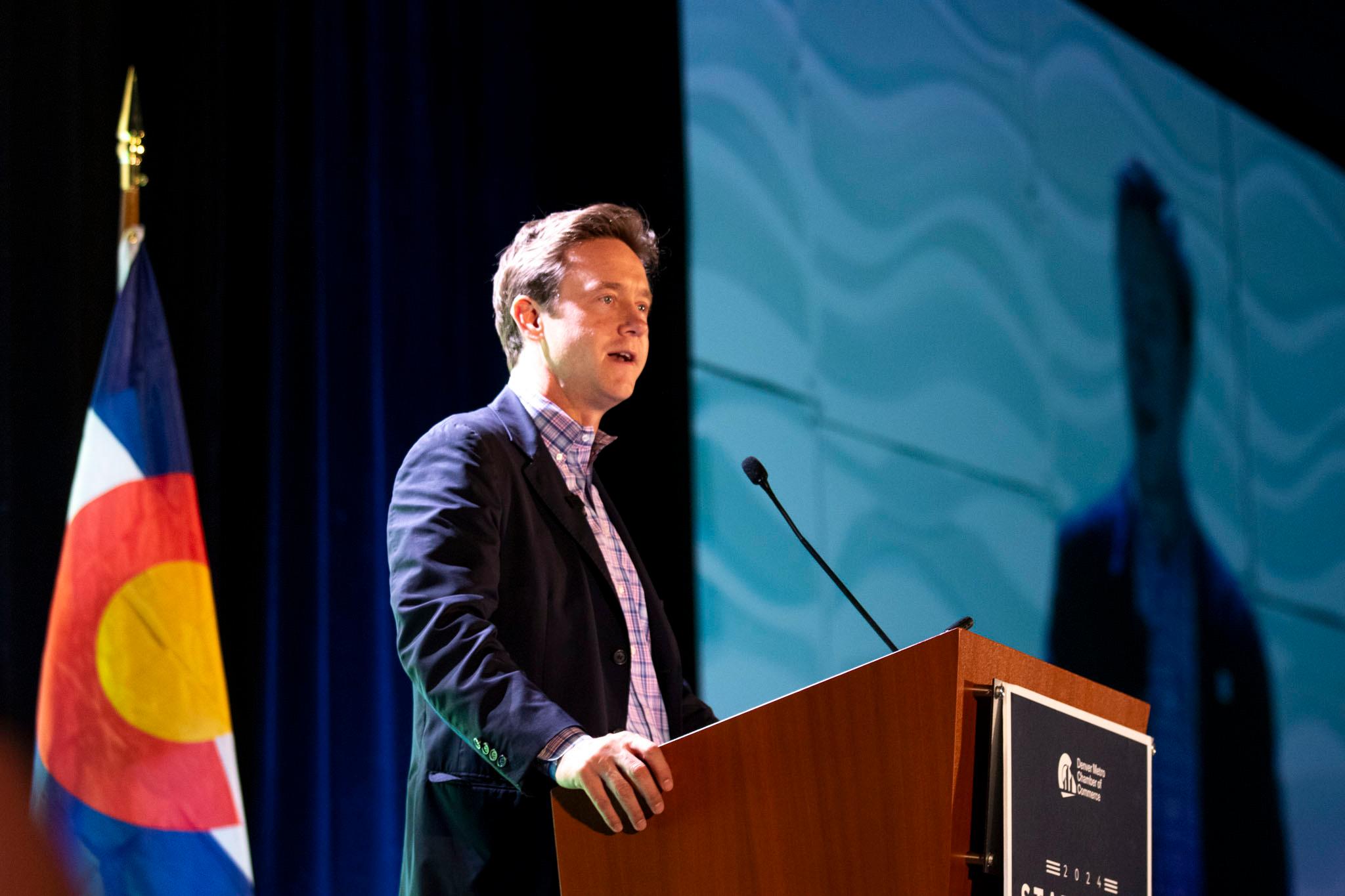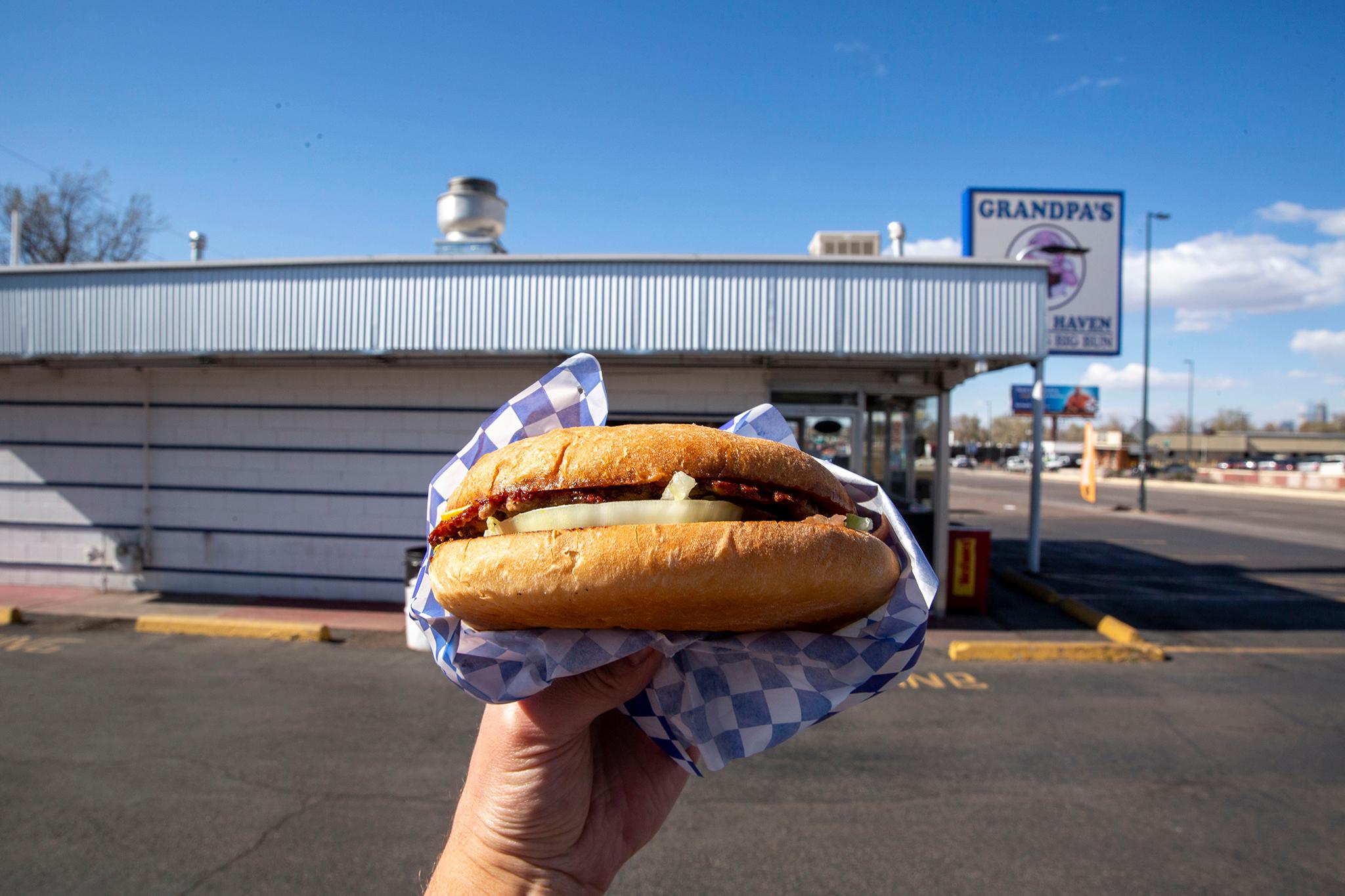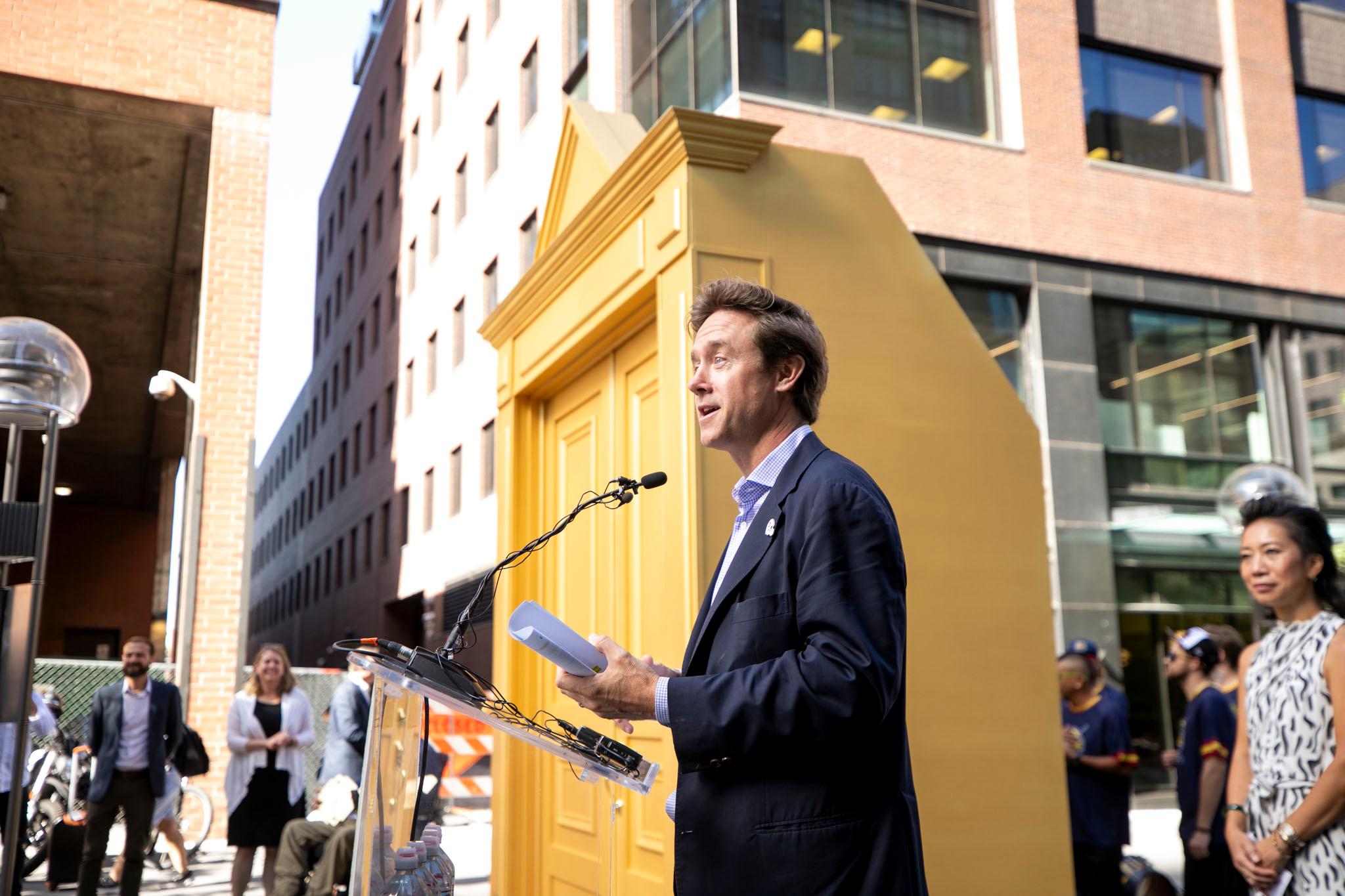
Last year, Denver City Council put a moratorium on a certain kind of development, buildings on lots 6,250 square feet or smaller where the developer was seeking an exemption from parking requirements. That moratorium was set to expire at the end of March, but now City Council is likely to extend it another 60 days in one last attempt to reach consensus about a thorny issue.
A working group of planners, transportation experts, neighborhood reps and developers convened after the first moratorium to work out a compromise, but they couldn't reach consensus.
The proposal supported by Council President Albus Brooks and many of the developers and planners on the working group looked like this:
You wouldn’t have to provide any parking for existing buildings, no matter how the use of the building changes. For new construction in mixed-use zone areas along transit corridors, the first three stories wouldn’t need parking. In areas without good bus or light rail service, the parking requirement would kick in after the first two stories. Anything taller would have to provide parking for those extra stories.
The principle here is that if there is decent transit access, people have better alternatives to driving, so it’s okay to go up to three stories without providing parking. But with or without transit, as buildings get bigger and taller, chances are at least some of the people using that building will own cars and drive to and from those buildings.
Councilman Jolon Clark, whose district includes areas like South Pearl Street where neighbors are complaining a lot about the parking impact of new development, proposed a set of amendments at the Land Use, Transportation and Infrastructure Committee earlier Tuesday that would have increased the parking requirements somewhat.
In the transit corridors, the first two stories wouldn't need parking, and outside the corridors, the first story wouldn't need parking. Basically, his proposal removes one story of no parking from each category.
Clark also wants a neighborhood notification requirement for projects that plan to take advantage of the parking exemption. This is more complicated than it sounds because there isn't a clear process, and it might create expectations that neighbors could change the project -- but they can't.
Most significantly, Clark wants an amendment that commits the city to developing what's known as transportation demand management plans. That would mean new development would provide more infrastructure and services to help people to get around without cars. That's a multi-year process, though.
There's clearly a preference on the City Council to reach consensus and not have a very contentious public hearing about an issue that hits very close to home for many Denver residents. At the same time, advocates for non-car transportation say the city needs to stop building for cars and start building for people if it wants more affordable housing and better transportation options. In this view, requiring more parking from new development is a step backward, not a step forward.
The whole reason that small lots can get a parking exemption in the first place is that the lots are small enough that it's hard to redevelop them and provide enough parking to meet current code. It's not clear how much Clark's amendment would affect the ability to redevelop these lots.
So. More time. More discussion.
This issue will come back to City Council on Monday for a formal vote. Brooks said more information about the public process also will be announced Monday.
Correction: This article has been changed to reflect that the council action was to place the matter on hold, and a vote on extending the moratorium will take place Monday.













